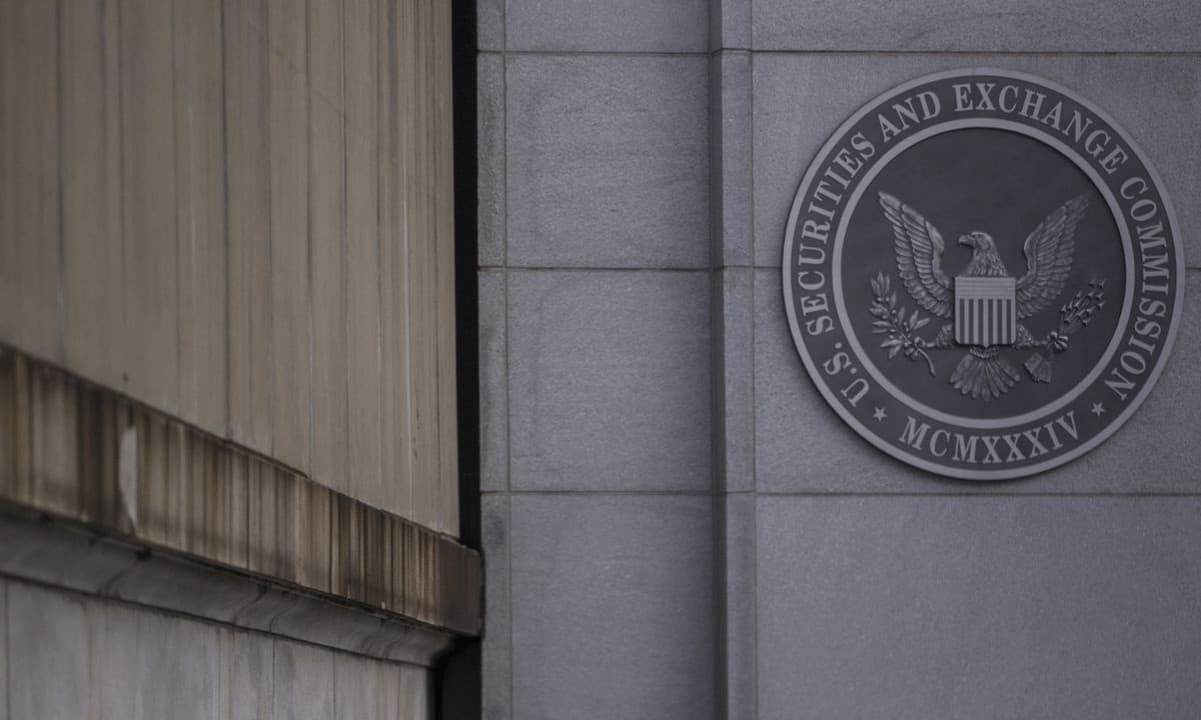Scam Alert: SoSoValue Warns of Bogus Token SOSO on Binance Smart Chain
Scammers Use Funding News to Lure Victims
Prominent crypto research firm SoSoValue has issued a warning about a bogus token, SOSO, deployed on the Binance Smart Chain (BSC). The company clarified that it had not released any official cryptocurrency and urged users to remain cautious to protect their assets.
SoSoValue’s warning came after on-chain analytics platform CoinSpeedrun flagged the fake contract, identified as 0xa484…5c8ac9, which is circulating on the BSC network.
The company, which specializes in AI-driven investment research, recently announced that it had secured $15 million in Series A funding, pushing its value to $200 million. The round was co-led by existing shareholders HSG and SmallSpark, with the funds earmarked for boosting the SSI product and protecting the platform and its users from malicious actors.
It is this news that one of the accounts accused of spreading the phony links shared in at least two posts, one written in Polish and another in Japanese.
However, hidden inside the genuine information about the funding was a fraudulent web address, ssi[sosovalue]bet, ostensibly directing users to buy SSI. Analysis of the site revealed it to be a phishing portal that would scam crypto users who clicked on it.
Increasing Threats
This incident is the latest reminder of how bad actors are increasingly leveraging bogus cryptocurrencies and spoofing schemes to exploit unsuspecting investors.
In December 2024, hackers took over the X account of Animoca Brands co-founder Yat Siu and used it to promote a fake token on Pump.fun.
Also, in the same month, another crypto investor lost more than $300,000 after trying to open a sham work meeting link. According to the individual, the web address was directly messaged to them on X, and upon clicking on it, it appeared non-functional, leading them to dismiss it as harmless. However, the URL secretly installed malware onto the person’s system, compromising their digital wallets and siphoning crypto.
Blockchain detective ZachXBT also previously revealed how criminals used phishing emails disguised as urgent messages from X regarding copyright infringement issues to gain control of high-profile accounts on the social media platform. They then utilized the accounts to promote fake Solana meme coins, with unwitting users reportedly losing as much as $500,000 through the scheme.
Protecting Your Assets
It is essential for crypto investors to remain vigilant and cautious when dealing with new tokens or investment opportunities. Always verify the authenticity of any information or links shared on social media or other platforms.
SoSoValue’s warning serves as a reminder of the importance of protecting your assets from malicious actors. By staying informed and taking necessary precautions, you can minimize the risk of falling victim to these types of scams.
Conclusion
The recent warning from SoSoValue highlights the growing threat of bogus cryptocurrencies and spoofing schemes in the crypto space. It is crucial for investors to remain vigilant and take necessary precautions to protect their assets.
FAQs
Q: What is the SOSO token?
A: The SOSO token is a bogus cryptocurrency that has been deployed on the Binance Smart Chain (BSC). It is not an official token released by SoSoValue.
Q: How can I protect my assets from these types of scams?
A: To protect your assets, always verify the authenticity of any information or links shared on social media or other platforms. Be cautious of unsolicited investment opportunities, and never click on links or download attachments from unknown sources.
Q: What should I do if I suspect a scam?
A: If you suspect a scam, report it to the relevant authorities and take immediate action to secure your assets. Never hesitate to reach out to a trusted friend or family member for guidance.
Q: How can I stay informed about these types of scams?
A: Stay informed by following reputable sources in the crypto space, such as SoSoValue, and keeping an eye on industry news and updates. Always verify the authenticity of any information or links shared on social media or other platforms.









